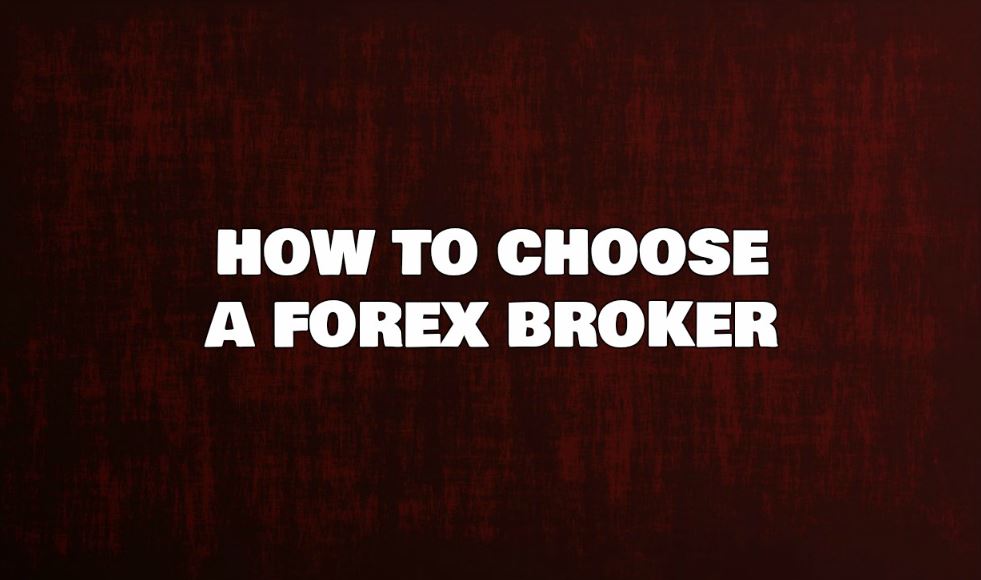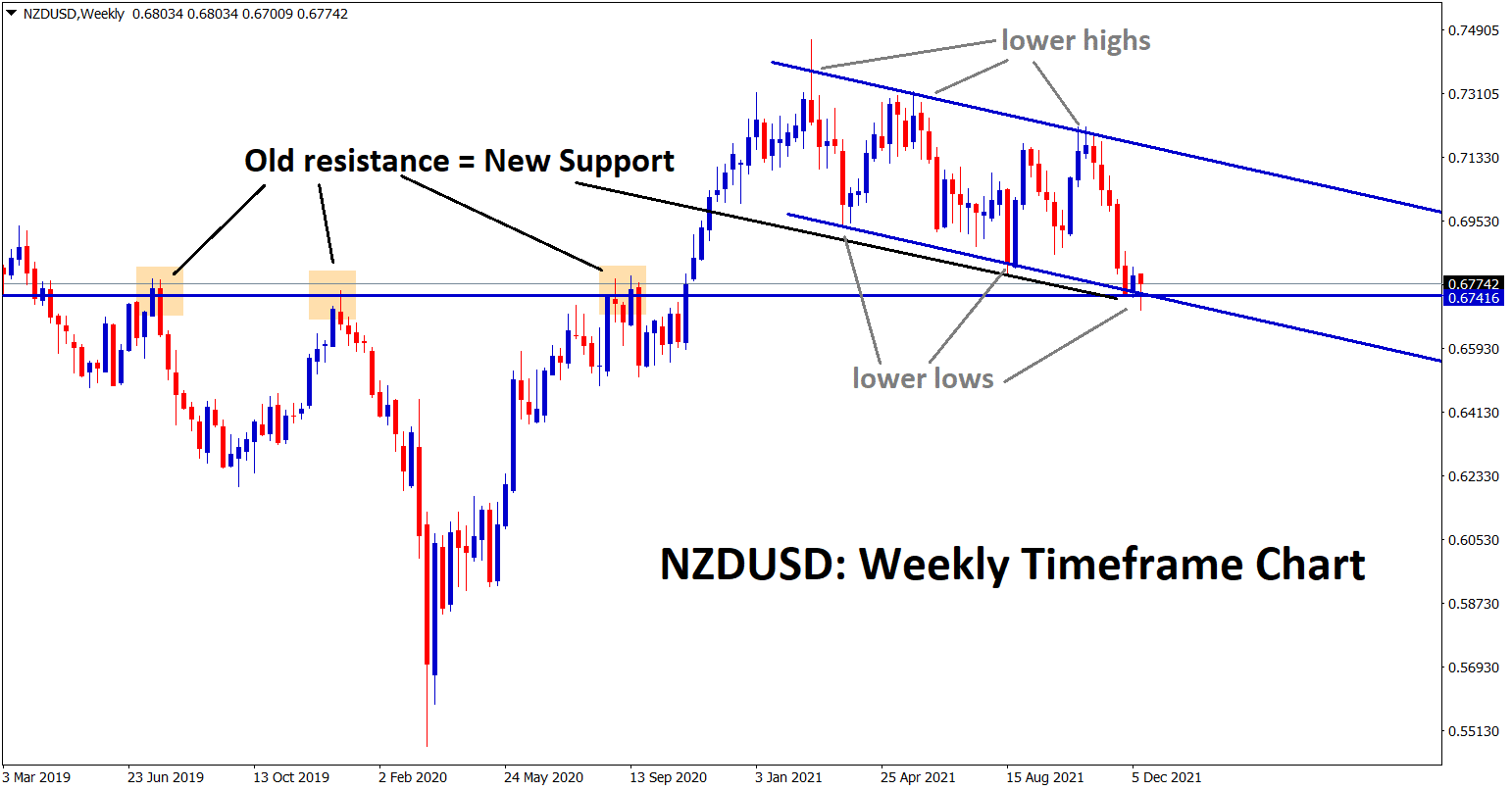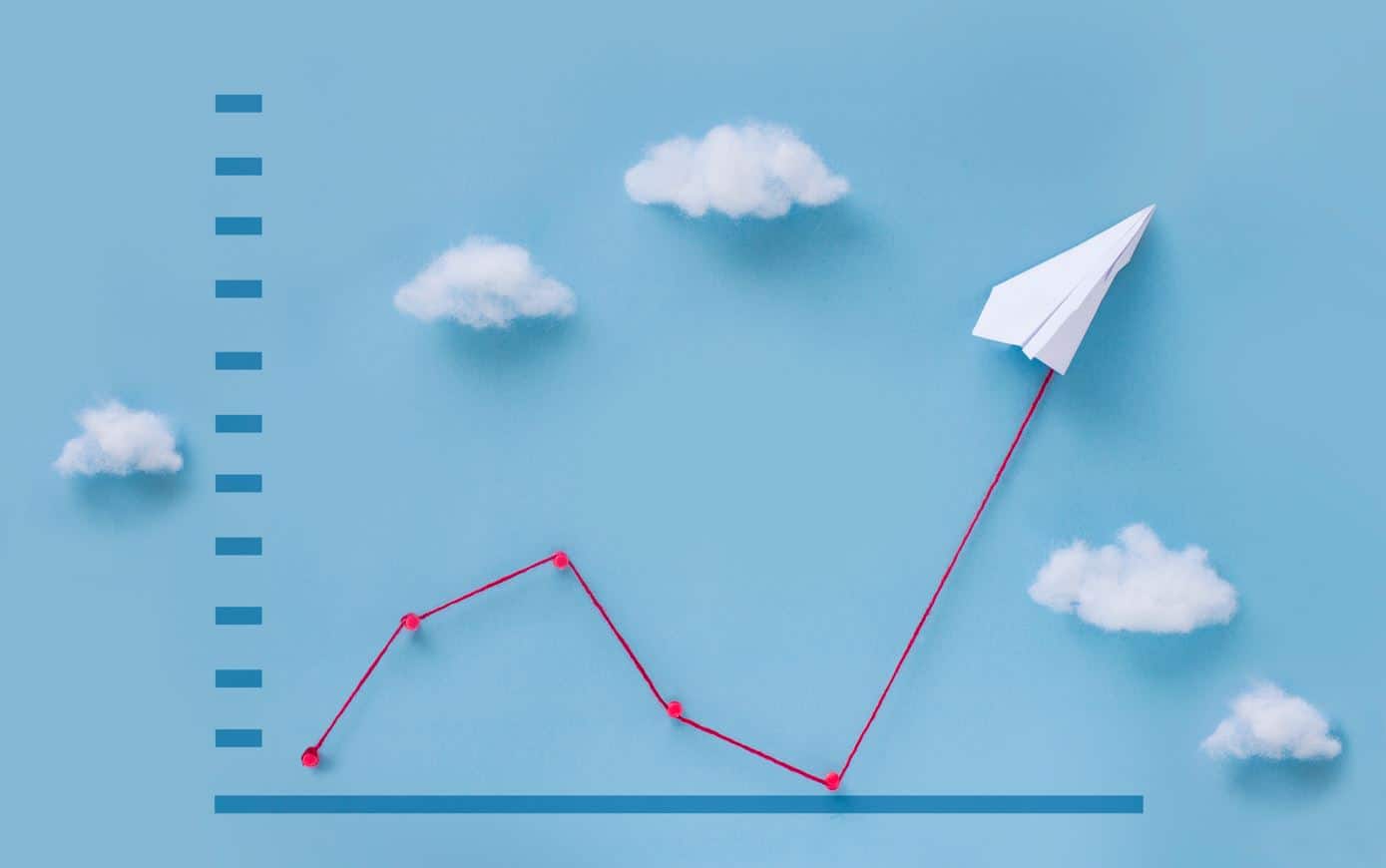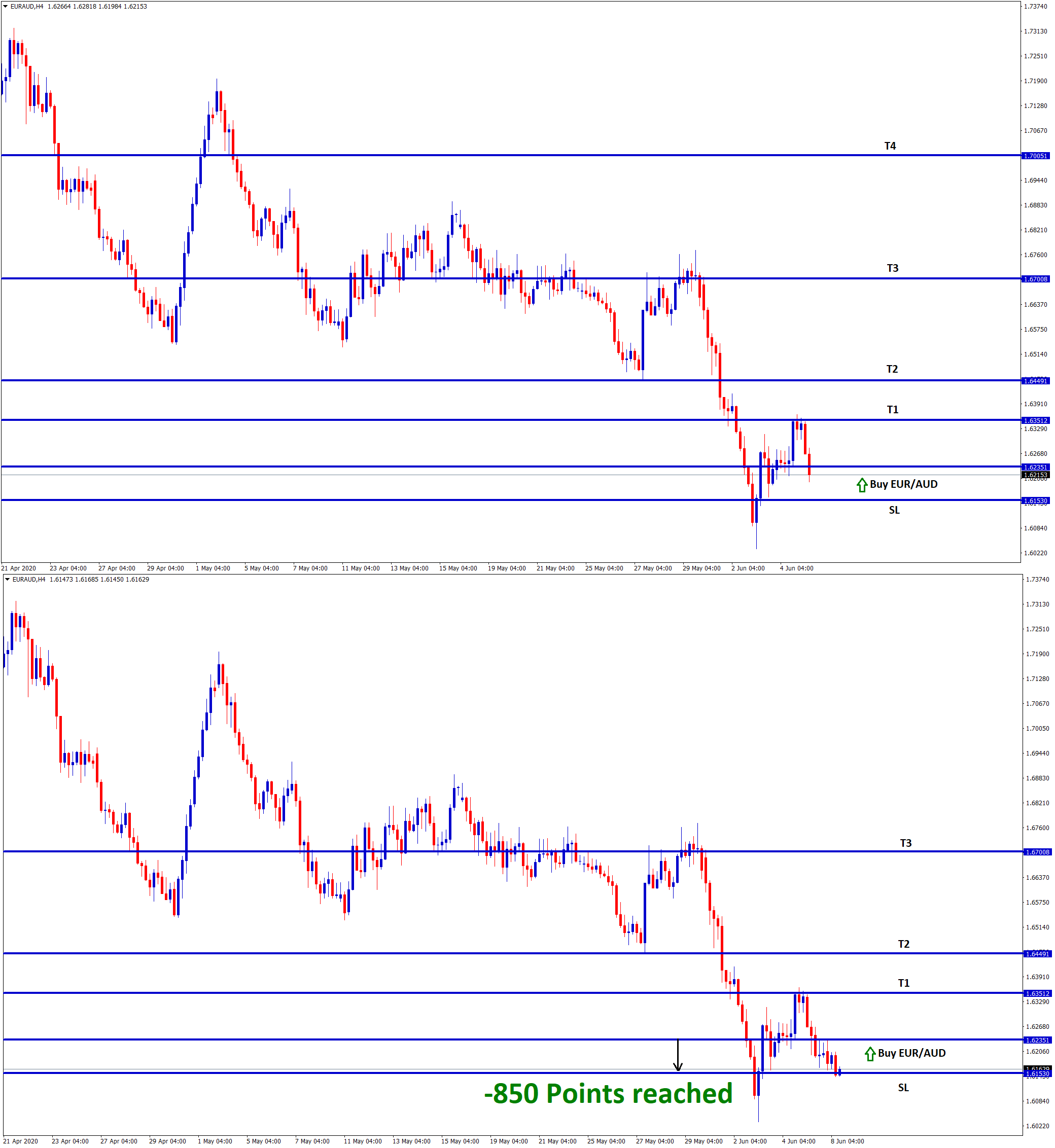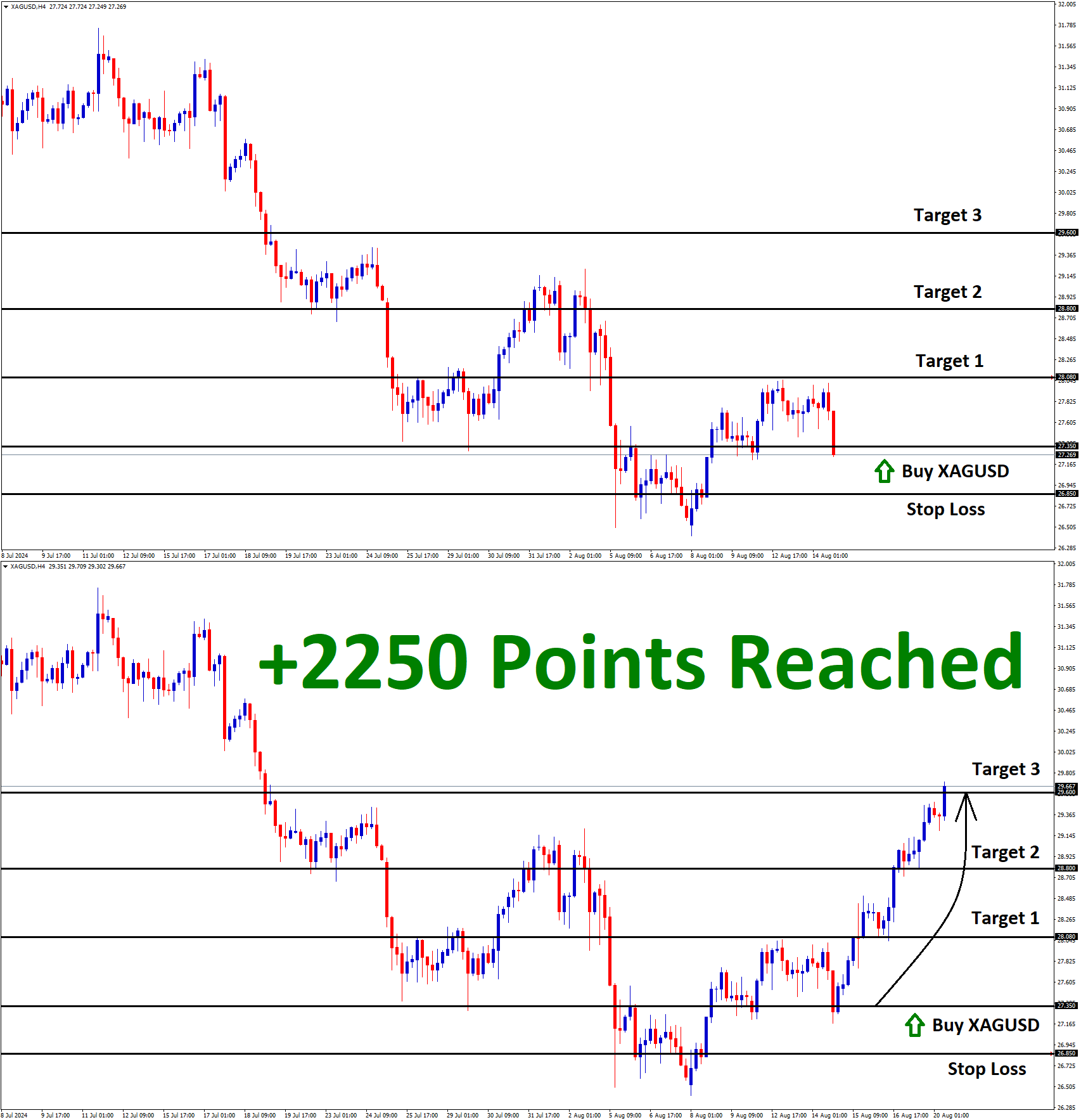If you’re new to forex trading, the vast array of brokers available can seem overwhelming. This can make it difficult for new traders to identify a safe and competent broker. The goal of any forex trader is to make transactions that are valid, profitable, and with minimal complexities.
For this reason, you should focus on working with a forex broker who you can trust with your finances and whose policies, strategies, and tools match your trading needs. To help you find your way through the maze of brokers available, this article will give you some key points to consider when choosing.
1. Compliance to Regulations
Licensing and compliance with regulatory authorities is the first and most important thing to look for when finding the right platform to trade forex online. A reliable online trading platform, like forex MetaTrader 4, should be licensed and regulated by the forex regulatory commission.
The money available in the financial sector attracts numerous scammers. So, to protect your finances from fraudsters, it’s important to select a forex broker that is registered with the regulatory body established in a country.
While the regulatory standards vary from one nation to another, there are some basic benefits you’ll get from dealing with a regulated company. These protections include executing a client’s trades at market prices, keeping clients’ funds in segregated accounts, and ensuring enough capitalization in case of trading losses. Examples of jurisdictions with stringent regulation for brokers are Cyprus, Australia and the UK.
To know whether a platform is registered, check for a regulations badge and certification usually displayed on the trading website or check with your country’s regulatory authorities.
Examples of regulatory bodies include the National Futures Association (NFA) and Commodity Futures Trading Commission (CFTC) for trading sites in the USA, Swiss Financial Market Supervisory Authority (FINMA), Cyprus Securities and Exchange Commission (CySEC), and Australian Securities and Investment Commission.
Checking that a platform is regulated and licensed is one of the best ways to protect your investment and portfolio.
2. Enhanced Data Security
When you open a forex trading account, you must provide sensitive personal and financial information, including bank account details, credit card numbers, and copies of identification documents. If you deal with a broker that doesn’t have proper security, this data is at risk of theft. Therefore, efficient brokers should employ strict internet security measures, such as using Secure Sockets Layer (SSL) to ensure that transactions can’t be intercepted by unauthorized parties. Also, you should choose a forex broker whose privacy policy statement indicates that it will uphold the privacy of the data collected from its clients, and will not sell it to a third party.
3. Leverage and margins
Before placing an order on an online forex platform, always consider the margin requirements.
The margin is the deposit required to keep a trading position open. It is a part of your account balance that has been set aside. To brokers, margins are a form of security in case your account loses money in s trade.
If a trader is losing money, a broker may ask for an additional deposit or close any open trading positions as a way of mitigating further losses to protect the margin. When finding a trading platform, ask about the margin requirements.
For leverage, you should only trade at a level that matches your trading skills and needs. Different trading brokers online offer different leverage margins that start from 100:1 to as high as 400:1.
While it is appealing and tempting to apply high leverage, it is one of the easiest ways to wipe your account. Therefore, never use high leverage ratios if you are not confident about your trading methods. This is especially important to remember for newbies.
4. Slippage and spreads
Consider the spreads offered by a trading platform. Brokers get their commissions from spreads. Therefore, spreads can vary from one broker to another, ranging from fixed spreads to variable spreads.
Some brokers rate their spreads based on the size of an account. Always go for a spread that favors your trading options. In addition, considering the slippage offer on a platform can make it easier to preserve your account balance.
5. Trade Execution
It is important to select a forex broker that has efficient trade execution strategies because this ensures your trades are filled on time and at the best rates. For this, there are two categories of brokers: STP (straight through processing) brokers, which pass your orders to the interbank system, and market makers, which are brokers with dealing desks. Brokers with dealing desks usually act as a trader’s direct counterparty, so when your trades gain they incur a loss, and vice versa. On the other hand, STP brokers use quotes from the interbank market and include their compensation by adding a few pips onto the spread, before forwarding the client’s trades to the liquidity provider with the best quote. You need to understand these differences to help you find a broker that meets your trading needs.
It’s also helpful to choose a broker with a no-requote policy. Requoting occurs when the broker is unwilling to fill a client’s order at the prevalent rate due to market volatility. Subsequently, they offer a new price for the order; this makes is harder for you to avoid losses and benefit from potential profits. Finally, look for a broker that offers guaranteed stop loss, as this will help you manage your risk better.
6. Trading Platform
Most of your forex trading activities will be conducted through you broker’s trading platform. Therefore, you should choose a forex broker with a trading platform that is stable, user-friendly, and with proper technical and fundamental analysis tools.
One of the most popular trading platforms is Metatrader, offered by brokers such as easyMarkets. Some brokers also provide their own trading platforms that are accessed within your browser, or increasingly also via mobile app. Overall, the ideal trading platform is one that highlights live prices rather than indicative quotes. It should also provide Limit and Stop trades and let you attach them to the entry order.
7. Customer service and support
Whether you are an experienced trader or a novice, it is best to register on a forex trading platform with a reliable customer support service. This ensures any issues you face on the trading platform or your account are handled as fast as they arise.
The best online forex platform should have 24/7 technical and general client support availability.
8. Withdrawal and deposit policies
Consider the funding methods accepted by a trading platform and the fees involved. Check if a broker has an amount limit when it comes to the minimum deposit or withdrawal you can make.
The best forex trading platform should allow you to withdraw and deposit into your account safely and quickly.
Conclusion
As we can see from the above points, if you want to be profitable in forex, you can increase your chances by choosing a good broker. Even you’re an experienced trader, you might miss out on potential profits if your broker is incompetent. Therefore, before you start trading, make sure your broker meets all your needs.

